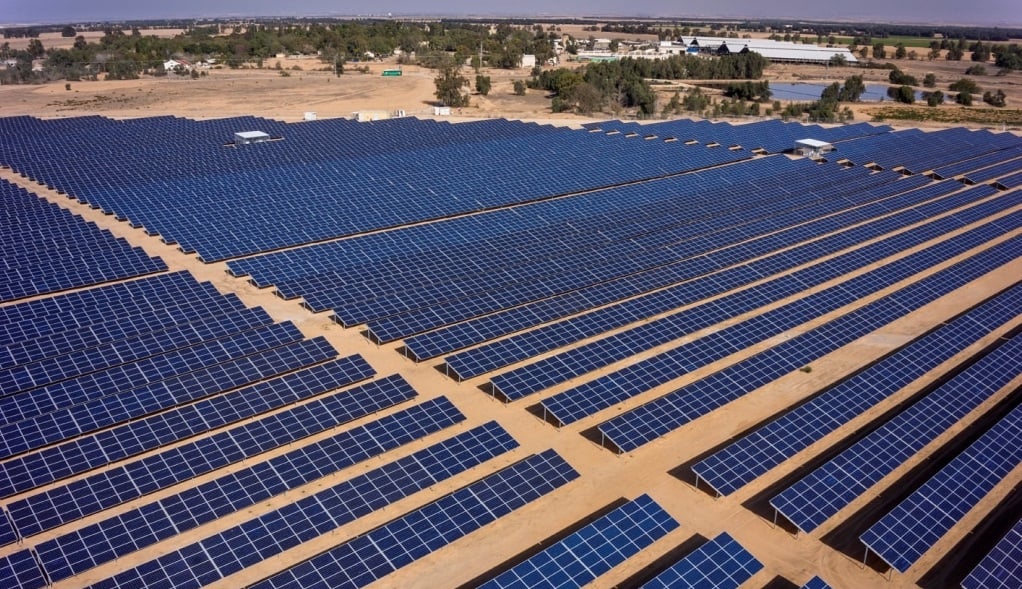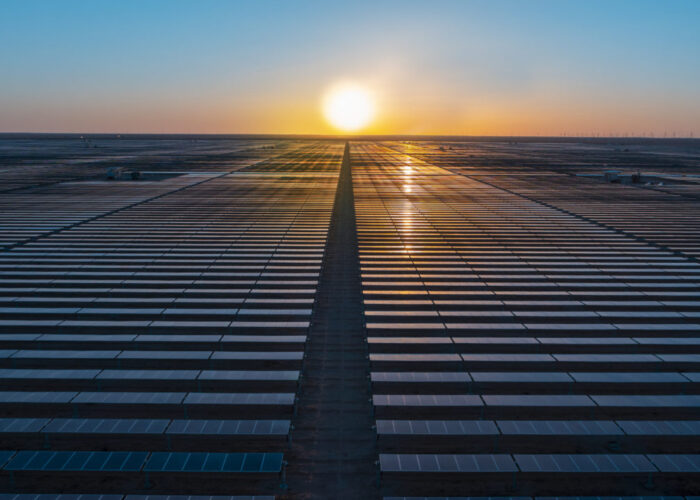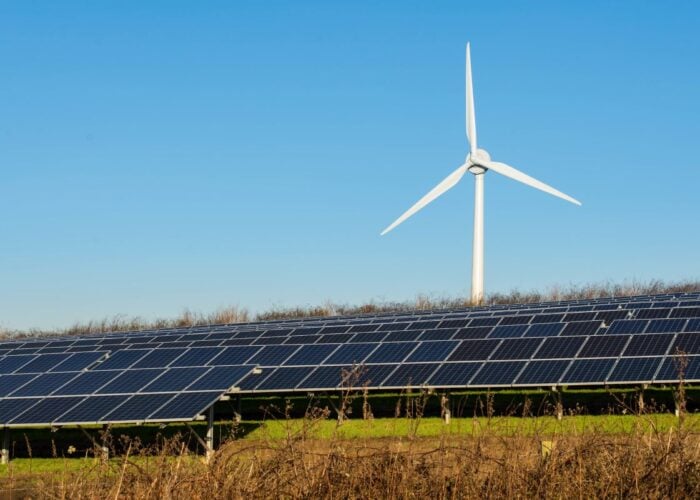
Israel is planning to scale up solar deployment as part of a new government strategy designed to put the country on track to have 30% of its electricity generation from renewables by 2030.
Having deployed 3,591MW of solar as of the end of 2021, that figure will jump to 9,800MW by 2025 and 17,145MW by the end of the decade under the new roadmap, published by Israel’s electricity authority and energy ministry yesterday.
Unlock unlimited access for 12 whole months of distinctive global analysis
Photovoltaics International is now included.
- Regular insight and analysis of the industry’s biggest developments
- In-depth interviews with the industry’s leading figures
- Unlimited digital access to the PV Tech Power journal catalogue
- Unlimited digital access to the Photovoltaics International journal catalogue
- Access to more than 1,000 technical papers
- Discounts on Solar Media’s portfolio of events, in-person and virtual
The strategy highlights the need to explore agrivoltaics, upgrade network infrastructure and encourage local authorities to establish new renewables plants.
The government previously set an interim target of having 20% of Israel’s electricity generation from renewables by the end of 2025, while it has also pledged to achieve net zero emissions by 2050.
Significant network infrastructure as well as new energy storage facilities will be needed as more solar comes online, according to the roadmap, which also flags the limited land area for new projects as a challenge to meeting the renewables targets.
The strategy also warns that a decentralisation of powers between different ministries can make it difficult to set renewable energy policies in the country.
Israel produced only 6% of its electricity from renewable sources in 2020, according to the US International Trade Administration, which said bureaucratic bottlenecks, a lack of land resources and underdeveloped transmission infrastructure from remote generation sites are often cited as factors explaining the lower-than-expected use of renewable energy in the country.
Under Israel’s plan, 70% of the country’s electricity generation will come from natural gas by 2030.







